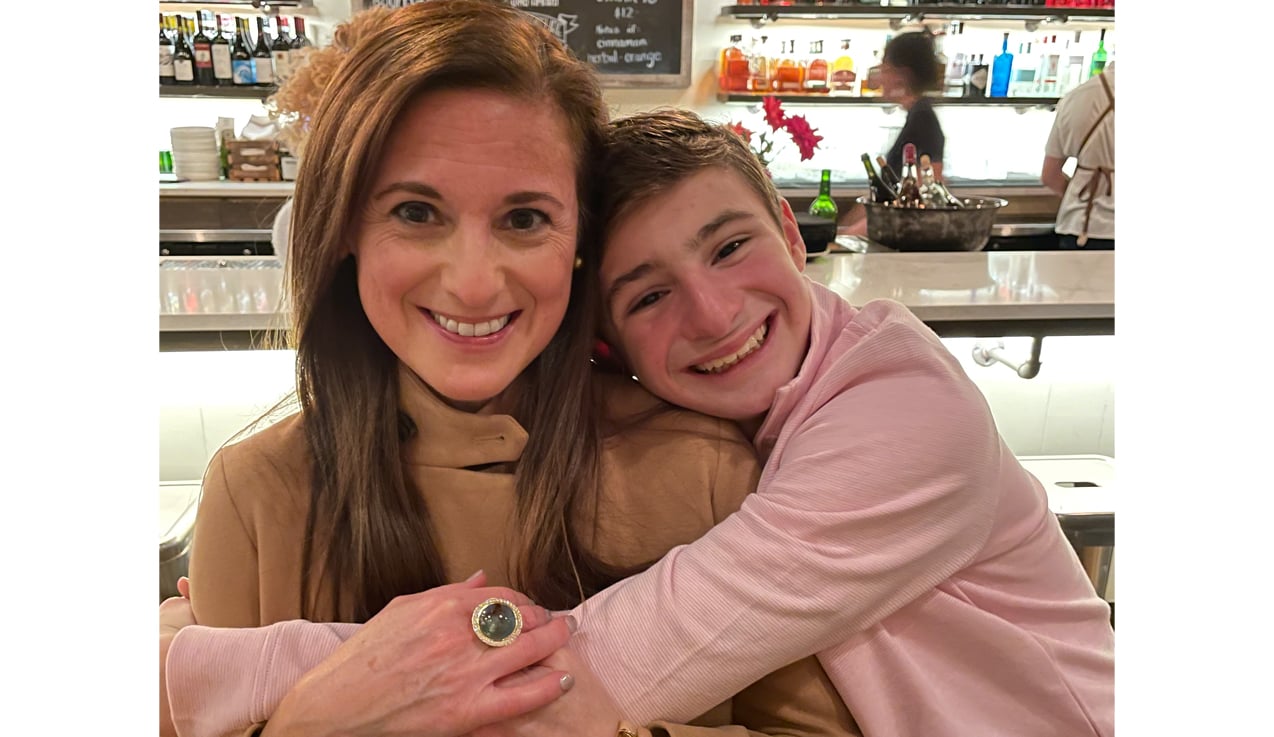"My child submitted their early application well before the deadline, yet we heard that some of their classmates who applied later have already been contacted about an alumni interview. What does this mean?"
It means nothing about a student's qualifications or chances of admission for that college. Even when I tell families this, they are still skeptical. But that's the truth. There is no hidden agenda here. Getting an alumni interview (or not) is not a determining factor at this point in time.
The alumni interview process is automated (if a college offers alumni interviews). Submitting an application triggers the process. But delays happen all of the time. Here is how the process works:
- The student submits their application on a specific date.
- The admissions office "processes" the application on another date. Sometimes this can happen within a day; sometimes it can take up to two weeks for a college to process the application, especially if it was submitted close to the deadline.
- The "processing" of the application generates an interview request to the assigned alumni interviewing chair who is in charge of receiving the request and assigning the interview to an alumni interviewer in their chapter. It used to be a group of alumni volunteers who lived in the area where the student attends high school. Nowadays, this can vary given the increase in virtual interviews.
- There can be delays in when the chair receives this information and assigns the interview. There can also be delays in the alumni interviewer getting in touch with the student to schedule the interview. Some alumni interviewers take longer than others to reach out to students. And some students take longer than expected to respond to the request.
- Depending on the surge in applications, alumni interviewing chapters are often overwhelmed with the number of interview requests. For some chapters, there is simply no way to get through all of the interviews requested in the timeframe they have.
- For colleges with early programs (Early Decision or Early Action) that notify admissions decisions by mid-December, alumni interviewing has a very short window. Oftentimes, all of the interviewing needs to take place in the month of November in order for the interview report to make its way into the student's application in time. This leaves many students without an interview, but that is okay—I promise.
As much as colleges want to be able to offer this option to as many students as possible, this is becoming significantly harder to do because applicant pools have grown exponentially in recent years. There is no way a college can hold it against a student who did not get an interview. This is why interviews do not play the role they used to. In fact, some colleges are eliminating them. The University of Chicago and Brown University are no longer offering alumni interviews. Instead, students can submit a two-minute personal video.
The alumni interview is not going to be a huge influencer in the admissions process. It can't be. Almost all interview reports submitted by alumni interviewers are positive, leaving little distinction between the students. And, alumni interviewers are not part of the admissions staff or the admissions committee. While colleges want to keep alumni engaged to some extent, alumni interviewing is becoming very difficult to manage given the increased applicant pools.
READ MORE: Yikes...My College Interview Is Tomorrow!
So if you don't get asked to interview, it's completely okay. Don't worry about what your classmates are doing or getting. If a college wants to admit a student, it is based on what is in the application, not whether or not a student got an alumni interview. It is sad to say, but objective criteria like the number of AP classes a student takes, their grades, and their test scores seem to be driving the admissions process more than the student behind these numbers.












